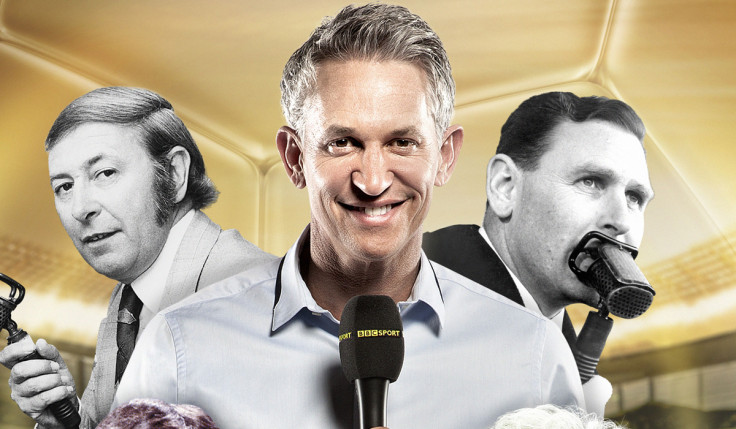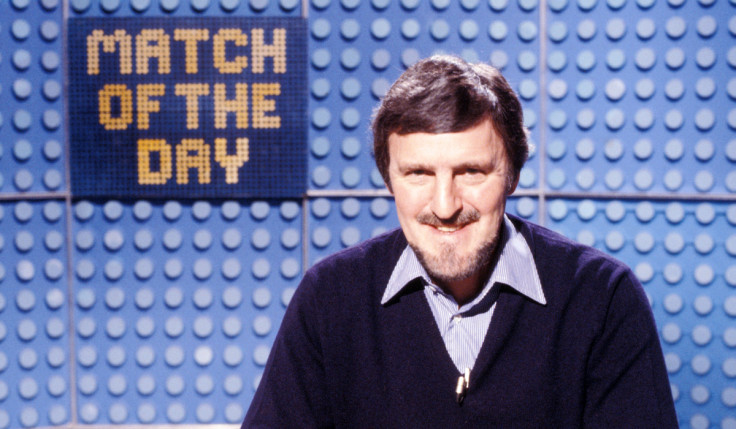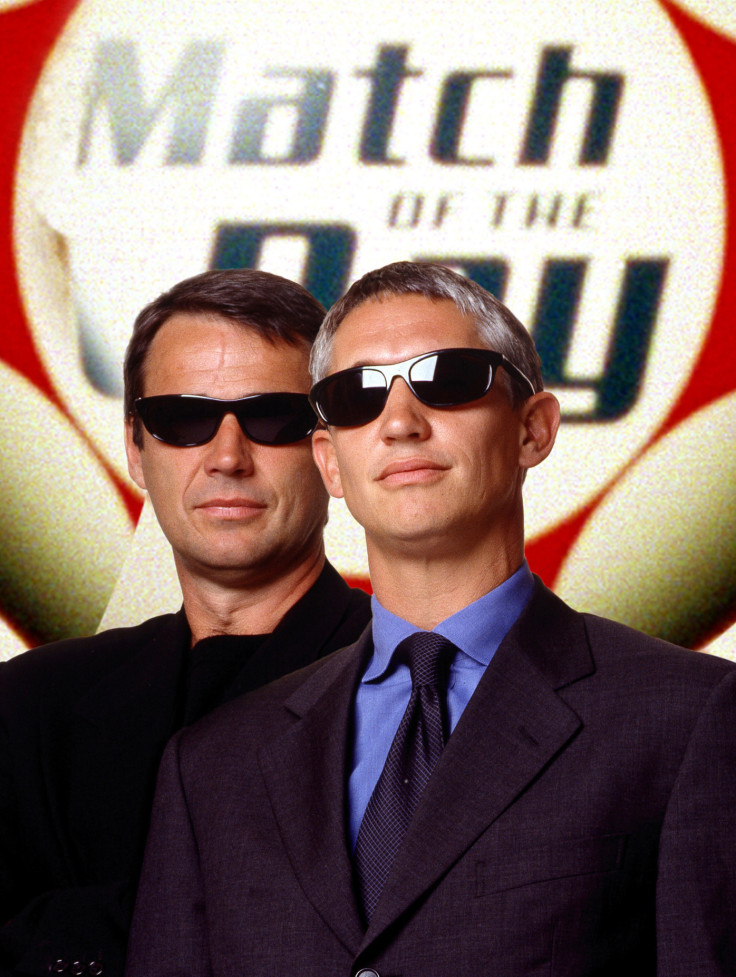Match of the Day at 50: Five Ways to Improve BBC's Flagship Football Show

For many young football fans over the past 50 years, Match of the Day brought them their first taste of English football. Perhaps it was due to a chance flicking of channels at 7:30am on a Sunday morning, or an older viewer deciding today was the day they would get you hooked on the world's favourite sport, but the result was (largely) always the same: love at first sight.
In the show's 50-year history multiple generations have sampled the delights of this strange but thrilling sport for the first time through the lens of BBC One's football programme. Save for a few dark years spent on ITV, Match of the Day has always been at the heart of English football.
I believe everything I said in those two paragraphs. You may not, but what we can agree on is that when a special documentary - Match of the Day at 50 - airs tonight (22 August) the sentiment will be largely the same, as the BBC broadcasts its safe, sanitised and celebratory historical programme.
The truth is however that Match of the Day – for all its pluses – is somewhat lost in the modern age of nine-digit TV deals, three hours of pre and post-game analysis with every match and goal replays being tweeted before the net has even settled.
Match of the Day is still the go-to highlights show for millions and combines with it a charm, but it's an increasingly antiquated one.
Here are five ways to improve Match of the Day...

Hire pundits who aren't former players
Former footballers have their place in the world of football punditry, but they should not hold a monopoly. They bring with them a perspective relatively few others have, but the excess of past stars in front of television cameras is a problem that needs addressing.
Good or bad, they only offer one viewpoint. Former managers who never stepped foot on the pitch could offer another, retired referees could delve into contentious decisions and then there are football journalists.
Sky Sports' Sunday Supplement – a show in which writers sit around a table discussing the major stories of the week – is proof that football journalists can contribute to the debate in ways those with closer ties to the game cannot or will not.
Most writers probably wouldn't relish that kind of spotlight, but a greater diversity of opinions would prompt debate on Match of the Day, which nowadays is more about Robbie Savage and Les Ferdinand politely waiting their turn to point out the obvious.
Build a greater interaction with audience
In recent years Twitter has crept into Match of the Day as it has into every aspect of television, but its usage is minimal. For the most part the show utilises simple Twitter polls, but why not seek a more meaningful interaction?

Ask for questions following a game and put them to the pundits. They don't even need to be particularly thought-provoking, but that link between audience and show would grow instantly. Polls have their place too, but how about asking more difficult questions than "Who will win?"
Reduce the disconnect
For the majority of its 50-year run, fans could easily avoid the football results until that famous Match of the Day theme echoed through the house. It might be a struggle not to look them up, but the rewards were always great.
Now thanks to the internet, avoiding football scores is nigh on impossible, meaning everyone already knows the results and details of games before Gary Lineker even starts his pre-show tan top-up.
You can see the show's producers trying to remedy the disconnect with those occasional interviews Lineker conducts with managers and players not long after the game. It's a good idea, so expand on it and carry out more.
Rotate the pundits more often
Because there should at least be a three-week break between each of Robbie Savage's television appearances.
Switch to Sunday nights
A controversial one maybe.
Modern football viewing schedules have changed, putting a greater focus on Sundays when four out of five times the biggest game of the week will take place. The regularity of major games on Sunday lessens Match of the Day's appeal and in turn gave birth to Match of the Day 2, so why not just give us one comprehensive show?
Two hours to cover nine games, make highlights packages snappier to make up for the fact most people know the scores already, devote more time to the analysis, get a lively debate going, and involve the audience.
For once it might make Match of the Day unmissable for what comes between the goals.
© Copyright IBTimes 2024. All rights reserved.






